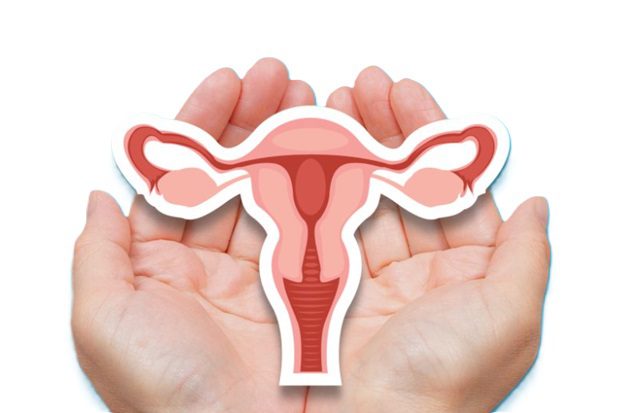BTN News: Even though millions of women all over the world are affected by it, Polycystic Ovary Syndrome (in short: PCOS) is still hugely underdiagnosed and misunderstood. This multi-faceted hormonal disorder presents with a range of symptoms affecting physical health and quality of life, from menstrual irregularity to metabolic disturbance. With a comparable prevalence to that of diabetes, if not more so, PCOS is one of the most neglected aspects in health and science, and the lack of recognition and funding critically curtails the ability to diagnose and manage this important health issue.
There is also a wide range of symptoms seen with PCOS, including irregular menstrual cycles, androgen-related symptoms (such as hirsutism, as well as cystic acne) and the finding of polycystic ovaries, hence the name[of the syndrome]. Symptoms can vary, so not everyone experiences every symptom sign, which makes it hard to diagnose. Unfortunately, this sets up a diagnostic gymnastics of using hormonal contraception as a bandaid for symptoms, thus covering over the metabolic issues that need to be addressed early for intervention.
In this review, we cover genetic predispositions and insulin resistance as key etiological factors in PCOS, while also highlighting the recent importance of gut microbiota and the role of chronic inflammation. This illustrates the syndrome as more than just reproductive, multi-factorial and thus the multidisciplinary, holistic approach is warranted.
Health Issues
PCOS seriously impacts physical well being and both mental quality of life. Hirsutism, metabolic disturbances that affect the quality of life and risk of type 2 diabetes and cardiovascular diseases are some of the long-term consequences associated with these conditions (4). Healthcare disparities in identifying and addressing PCOS-related needs exacerbate the societal impact.
Research and Education
Despite its high prevalence and more than $15 billion annual economic cost in the US, PCOS research continues to be insufficiently funded, especially in non-reproductive health aspects. Improved interdisciplinary team work and more substantial investment are necessary to untangle the complexities of PCOS and provide better outcomes for those affected.
CONCLUSION
Meeting the global challenge of building a better future for those affected by PCOS can only occur through a revolution in healthcare practice, with acceptance that the consequences of PCOS ripple across an unprecedented range of individual and public health domains. Through a focus on thorough patient-centered and translational research, we may be able to help fill the gaps that exist in the diagnosis, treatment, and support so desperately needed for those affected by this overlooked syndrome for the millions of people who are less different than we previously imagined.


